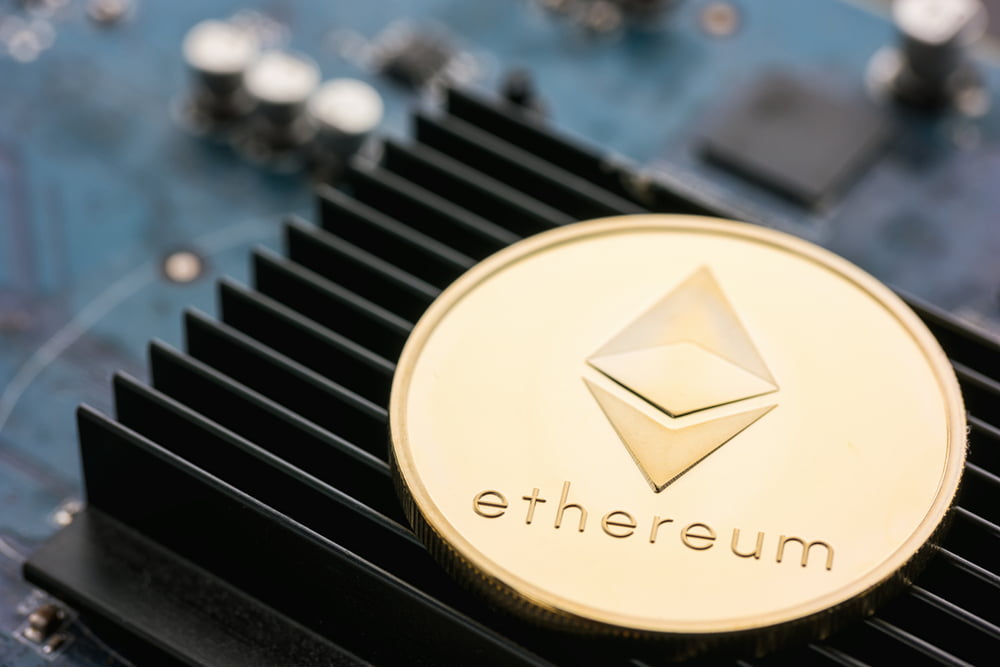It is always good to see cryptocurrency developers provide the community with important updates. In the case of Ethereum, we know there are a lot of things yet to come, although it remains unclear how much progress has been made on them. Vitalik Buterin recently discussed what he described as Ethereum 2.0 and how the future will look. Things certainly don’t look good for NEO right now.
Big Things are Coming to Ethereum
Everyone who has kept an eye on Ethereum or its roadmaps will know we will see a lot of changes in the future. There is the change to proof-of-stake, sharding, and potentially a few other things which will come to fruition in the very near future. According to Vitalik Buterin, there will be no Ethereum “killer” whatsoever. This is a clear jab at claims made by the NEO team, who claim their currency will be the Ethereum of China. That will not be the case by any means, if the Ethereum co-founder has anything to do with it.
For his part, Buterin claims Ethereum is the only Ethereum killer people need to be aware of. He made quite the opening statement in this regard, as it is evident he feels no concern over any form of competition whatsoever. While it is true Ethereum has its flaws which need to be addressed, it still remains the largest ecosystem of its kind. No currency aiming to dethrone Ethereum has gained any traction whatsoever. Nor do any competitors have any major technical developments to show for themselves either.
Ethereum has a lot of glaring issues which will be resolved in the future. Privacy is one of those issues, although the implementation of zk-snarks is progressing nicely. Safety is a big problem for Ethereum these days, and it also presents an issue which will be far more difficult to address in the near future. The underlying technology is not foolproof, and smart contracts have proven quite problematic on more than one occasion. The recent Parity bug confirmed that smart contracts need proper auditing, yet it remains to be seen if developers will take any responsibility for solving these problems.
Buterin noted the privacy issue is about 75% sorted, which seemingly indicates that a mainnet implementation of zk-snarks is not that far off. No official ETA has been provided at this time, though, as there is still a lot of testing to be done. It will be interesting to see how this particular development plays out. A lot of currencies are focusing on privacy right now, although Ethereum may never achieve the privacy level of Dash, let alone the level of privacy and anonymity Monero provides its users.
Right now, the biggest issue in the privacy implementation department is addressing leaks at the protocol level. That issue will eventually be resolved, though, which is a positive sign for all Ethereum enthusiasts. In contrast, there is no indication as to how or if the security issues will be resolved. There will always be security risks with any technology, and cryptocurrencies are no exception.
Last but not least, there is the topic of scalability. It is a pressing problem for all cryptocurrencies in the world today, unfortunately. Scalability should never trump decentralization. That makes it more difficult to come up with proper solutions in this regard, though. In the case of Ethereum, the plan is still to ensure it can scale without sacrificing decentralization. Plasma and Raiden are two options worth exploring from an on-chain perspective. For now, Buterin has confirmed that on-chain scaling is still the plan for Ethereum.

